Plenary speakers
|
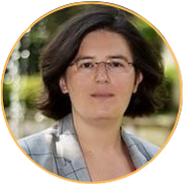
Sophie Carenco
CNRS research director
CINaM
Aix-Marseille Université, France
|
Sophie Carenco is a Research Director at CNRS, in the Centre interdisciplinaire de Nanoscience de Marseille (Aix-Marseille Université). She designs and studies nanomaterials prepared from organometallic routes, such as metal phosphides, metal carbides and metal oxysulfides, and evaluates their potential for applications such as in optics and catalysis. She graduated from École Polytechnique in 2008 and defended her PhD in 2011 at University Pierre & Marie Curie, under the supervision of Prof. Clément Sanchez and Dr. Nicolas Mézailles. She completed a postdoctoral fellowship (2012–2013) at Lawrence Berkeley National Lab, in the group of Prof. Miquel Salmeron. In 2014, she joined the CNRS at Laboratoire Chimie de la Matière Condensée de Paris (Sorbonne Université),where she led from 2018 the ERC project "NanoFLP", dedicated to the design of phosphine-modified nanocatalysts for the activation of small molecules under soft conditions. In 2025, she joigned CINaM, an excellence multidisiplinary research center in Nanoscience. Sophie Carenco received numerous awards, including the CNRS Bronze Medal and the Researcher award of the Solid-state Chemistry division of the Société Chimique de France.
Website
|
|
| |
|
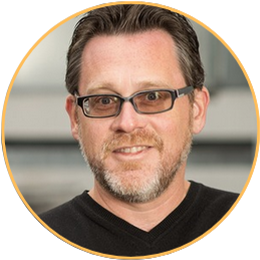
Christopher Cummins
Professor
MIT
Cambridge, MA, USA
|
Christopher Cummins earned his A.B. degree from Cornell University in 1989 after undergraduate research at Middlebury College, Stanford, and Cornell. He completed his Ph.D. in inorganic chemistry under the supervision of Richard R. Schrock at MIT in 1993 and joined the MIT chemistry faculty the same year, becoming Professor in 2016. His research focuses on exploratory synthesis, transition-metal and organometallic chemistry, small molecule activation, group transfer reactions, and sustainable phosphorus chemistry. The Cummins group develops anthracene-based molecular precursors, reagents for selective polyphosphorylation, and energy-efficient chemical transformations. He has received numerous awards including the NSF Alan T. Waterman Award, ACS Pure Chemistry Award, and Linus Pauling Medal. He is a member of the American Academy of Arts and Sciences, the National Academy of Sciences, and several international scientific societies.
Website
|
|
| |
|
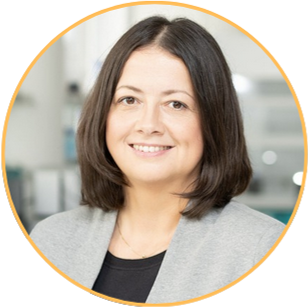
Joanna Kowalska
PhD, D.Sc.
Institut of Experimental Physics
Warsaw University, Poland
|
Dr. Joanna Kowalska is an Assistant Professor at the University of Warsaw, specializing in the chemical synthesis and study of biologically important modified nucleotides, including mRNA 5′ cap analogs for therapeutic and biotechnological applications. She earned her B.Sc. in Biotechnology (2005) and M.Sc. in Organic Chemistry (2006) at the University of Warsaw, followed by a Ph.D. in Biophysics in 2010 under Prof. Edward Darżynkiewicz. Her research focuses on nucleotide-based probes, enzymatically resistant nucleotides, and inhibitors of cap-dependent translation. She has led multiple national research projects on nucleotide analogs and co-founded innovative methods for mRNA synthesis. Dr. Kowalska holds several patents, has published extensively, and has received numerous awards including the L’Oréal-UNESCO For Women in Science Prize and the Rector’s Prize at UW. Her work bridges chemical biology, biotechnology, and medicine.
Website
|
|
| |
|
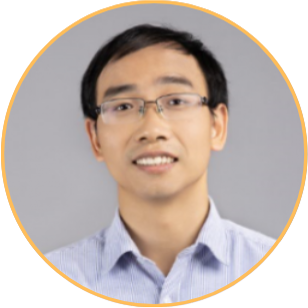
Bin Tan
Professor
SUSTech
Shenzhen, P.R. China
|
Professor Bin Tan is a Chair Professor in the Department of Chemistry at Southern University of Science and Technology (SUSTech). He earned his Ph.D. from Nanyang Technological University in 2010 and completed a postdoctoral fellowship at The Scripps Research Institute. His research focuses on axial chirality chemistry, asymmetric catalysis, and the development of chiral drugs and materials. He has published over 100 peer-reviewed scientific papers as corresponding author in top international journals such as Science, Nature, Nature Chemistry (5), and Nature Catalysis (5). In 2018, he was awarded the National Science Fund for Distinguished Young Scholars (2024, with continued funding). Additionally, he serves as the Associate Editor of Chinese Chemistry and has been recognized with the Xplorer Prize for his contributions to chemical research.
Website
|
|
| |
|
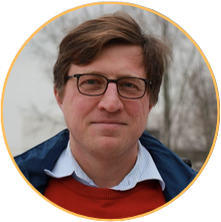
Robert Wolf
Professor
Institute of Inorganic Chemistry
University of Regensburg, Germany
|
Professor Robert Wolf is a Professor of Inorganic Chemistry at the University of Regensburg. He received his Ph.D. from the University of Leipzig under the supervision of Evamarie Hey-Hawkins. Subsequently, he undertook postdoctoral work at institutions such as the University of California, Davis (USA, with Prof. Power) and Vrije Universiteit Amsterdam (NL, with Prof. Lammertsma). His research focuses on low-oxidation-state 3d transition metal complexes, organophosphorus chemistry, and innovative catalytic methods including white phosphorus activation and photoredox transformations. Among his recognitions are an ERC Consolidator Grant (FunctionalP4, 2017) and the selection for the Emmy Noether Program of the German Research Foundation.
Website
|
|
| |
|
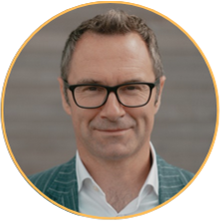
Darren Dixon
Professor
Department of Chemistry
University of Oxford, UK
|
Darren studied at the University of Oxford, where he completed his Master’s degree in 1993 and his DPhil in 1997 under the supervision of Prof. Stephen G. Davies. After his postdoctoral research with Prof. Steven V. Ley CBE FRS, he joined the Department of Chemistry at Cambridge in 2000. In 2004, he was appointed Senior Lecturer at the University of Manchester and was promoted to Reader in 2007. In 2008, Darren returned to the University of Oxford, where he is currently a Professor of Chemistry and the Knowles-Williams Tutorial Fellow in Organic Chemistry at Wadham College. He has been recognized with several recent honours, including the Royal Society of Chemistry’s Tilden Prize in 2023 and the Charles Rees Award in 2024. His research focuses on catalysis and synthetic organic chemistry, particularly in developing new catalyst-enabled (enantioselective) synthetic methods for the creation of complex molecules.
Website
|
|
| |
|
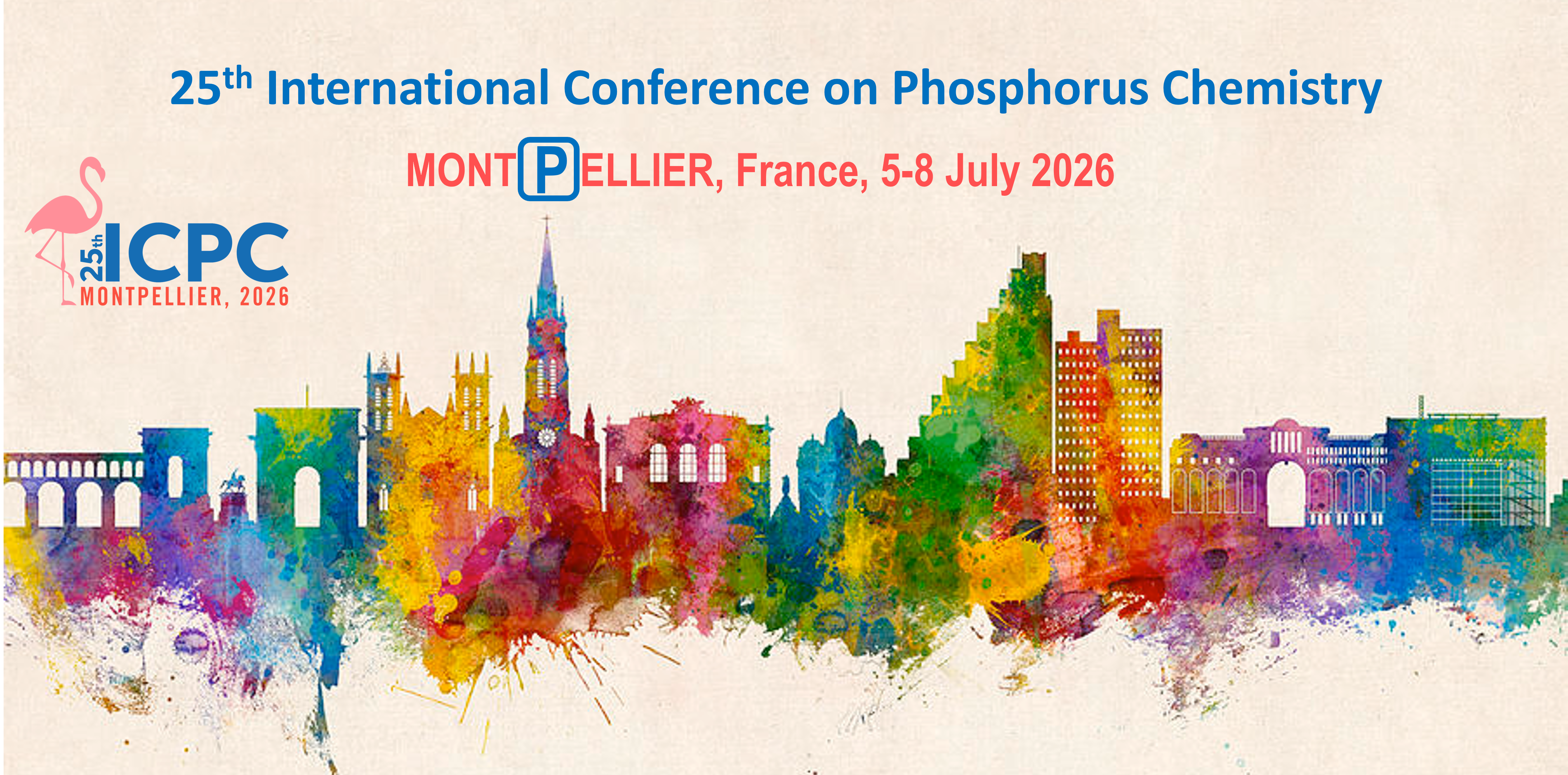

